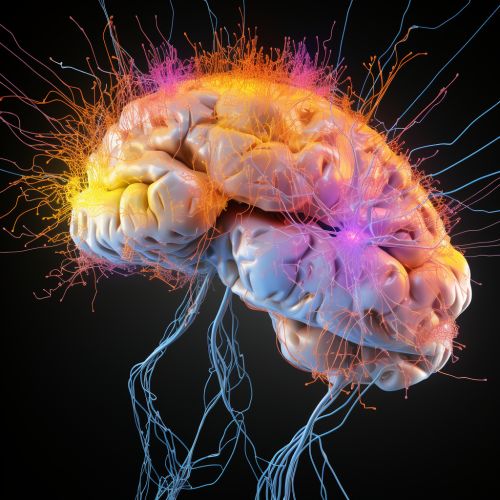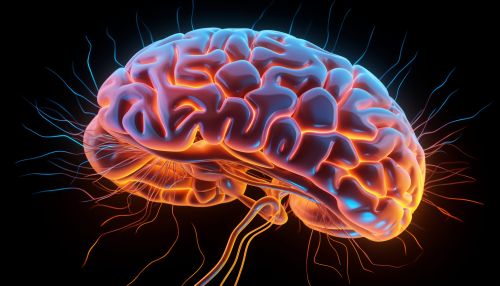Cognitive Mechanisms of Deception Detection
Introduction
The cognitive mechanisms of deception detection involve a complex interplay of cognitive processes that allow an individual to determine whether another person is lying or telling the truth. These processes include attention, memory, reasoning, and decision-making. Deception detection is a critical skill in many areas of life, including law enforcement, business negotiations, and personal relationships.
Cognitive Processes Involved in Deception Detection
Cognitive processes are the mental functions that allow us to perceive, think, remember, and understand. They are essential for deception detection because they enable us to interpret and evaluate the information we receive.
Attention
Attention is a cognitive process that allows us to focus on specific information while ignoring other information. In deception detection, attention is crucial because it enables us to concentrate on the relevant cues that might indicate deception. These cues can be verbal (e.g., inconsistencies in a person's story) or nonverbal (e.g., body language or facial expressions).
Memory
Memory is another cognitive process involved in deception detection. It allows us to store and retrieve information. In the context of deception detection, memory enables us to remember details of a person's story and compare them with new information. If there are inconsistencies, this might indicate deception.
Reasoning
Reasoning is the cognitive process that allows us to make sense of the information we receive. In deception detection, reasoning enables us to evaluate the plausibility of a person's story. If the story seems implausible, this might indicate deception.
Decision-Making
Decision-making is the cognitive process that allows us to choose between different options. In deception detection, decision-making enables us to decide whether a person is lying or telling the truth based on the information we have gathered and evaluated.


Challenges in Deception Detection
Despite the cognitive processes involved, deception detection is not an easy task. There are several challenges that make it difficult.
Cognitive Load
Deception increases the cognitive load because it requires more mental effort than telling the truth. This increased cognitive load can lead to observable cues, such as increased reaction time and decreased fluency. However, these cues are not always reliable indicators of deception.
Individual Differences
There are significant individual differences in the ability to detect deception. Some people are naturally better at it than others. These differences can be due to various factors, including personality traits, cognitive abilities, and experience.
The Truth Bias
People tend to have a truth bias, which means they are more likely to believe that others are telling the truth than lying. This bias can interfere with deception detection because it can lead to a failure to detect lies even when there are cues to deception.
Strategies for Improving Deception Detection
While deception detection is challenging, there are strategies that can improve accuracy.
Focused Attention
Paying focused attention to both verbal and nonverbal cues can improve deception detection. This includes paying attention to inconsistencies in a person's story, changes in their voice pitch, and their body language.
Training
Training can improve deception detection skills. This can involve learning about the cognitive processes involved in deception detection, as well as the common cues to deception.
Use of Technology
Technology, such as lie detectors and functional magnetic resonance imaging (fMRI), can aid in deception detection. However, these tools should be used with caution, as they are not always accurate and can lead to false positives.
Conclusion
Understanding the cognitive mechanisms of deception detection can help improve our ability to detect lies. While it is a complex process involving several cognitive processes and is influenced by various factors, strategies such as focused attention, training, and the use of technology can enhance deception detection skills.
